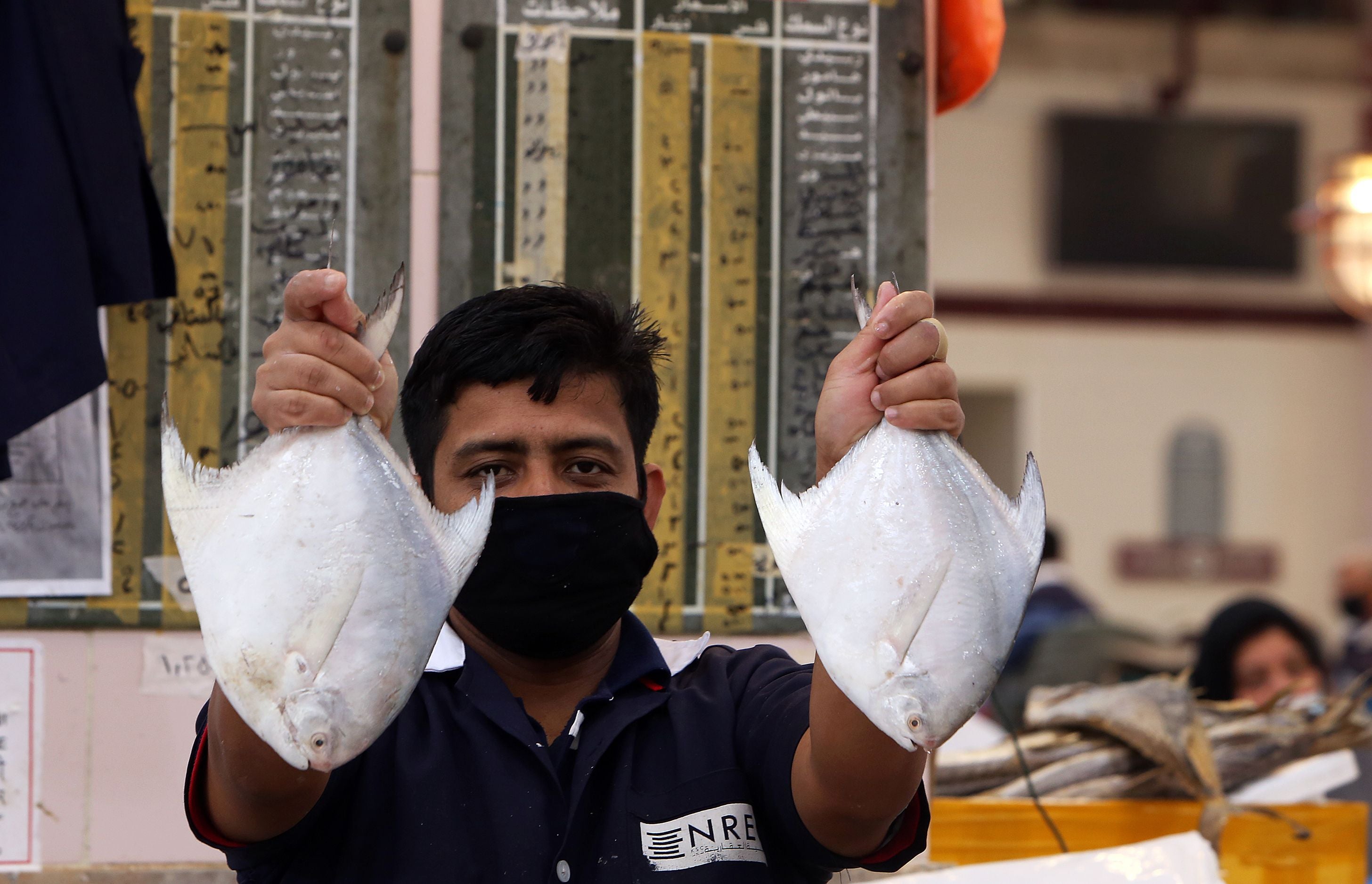China detects coronavirus on seafood imports from India
China has suspended imports from 99 suppliers in 20 countries after repeatedly detecting coronavirus traces on frozen seafood

Chinese customs officials discovered traces of coronavirus on seafood packages shipped from India on Wednesday, days after it suspended imports from another Indian company over similar complaints.
The detection of Covid-19 virus traces on two packages of frozen Indian pomfret, as well as one Russian frozen salmon package, prompted the sealing of the cold storage facility where the samples were tested.
A total of 2,500 packages entered Fuzhou port in eastern China’s Fujian province at around the same time, out of which 2,117 pieces are still in stock and 383 pieces have been sold, according to a report by the Hindustan Times newspaper.
China has since rolled out a mass-testing campaign for local staff that came in contact with the infected batches of imported fish. Workers dressed in hazmat suits have been instructed to begin the process of disinfecting the remaining packages.
China, where the first cases of coronavirus were detected in November 2019, has ramped up testing of frozen foods after it repeatedly claimed to have discovered traces of the virus on imported products.
According to Reuters, China has suspended imports from 99 suppliers in 20 countries so far as it seeks to prevent the return of coronavirus, as well as imposing strict measures to check other goods coming in to the country.
Beijing has ordered testing on a total of 2.98 million samples up to 15 September, including 670,000 taken from cold food storage, 1.24 million from staff and 1.07 million from the surroundings in warehouses and other import infrastructure, according to official data.
On 17 October, the Chinese Centre for Disease Control (CDC) linked an outbreak in the city of Qingdao to detection of virus traces on the outer packaging of frozen cod.
It said any contact with contaminated packages could lead to infections, for the first time acknowledging that the live virus can be transmitted over long distances through frozen food. Experts have said that such infections are practically unlikely but nonetheless still possible.
China’s English-language state media outlet the Global Times went as far as to suggest on Monday that the first outbreak in Wuhan's Huanan seafood market might have come from contaminated imported products. It stated that the latest positive samples in port areas and among workers shows such imports could have led to the original infections.
Join our commenting forum
Join thought-provoking conversations, follow other Independent readers and see their replies
Comments


Bookmark popover
Removed from bookmarks